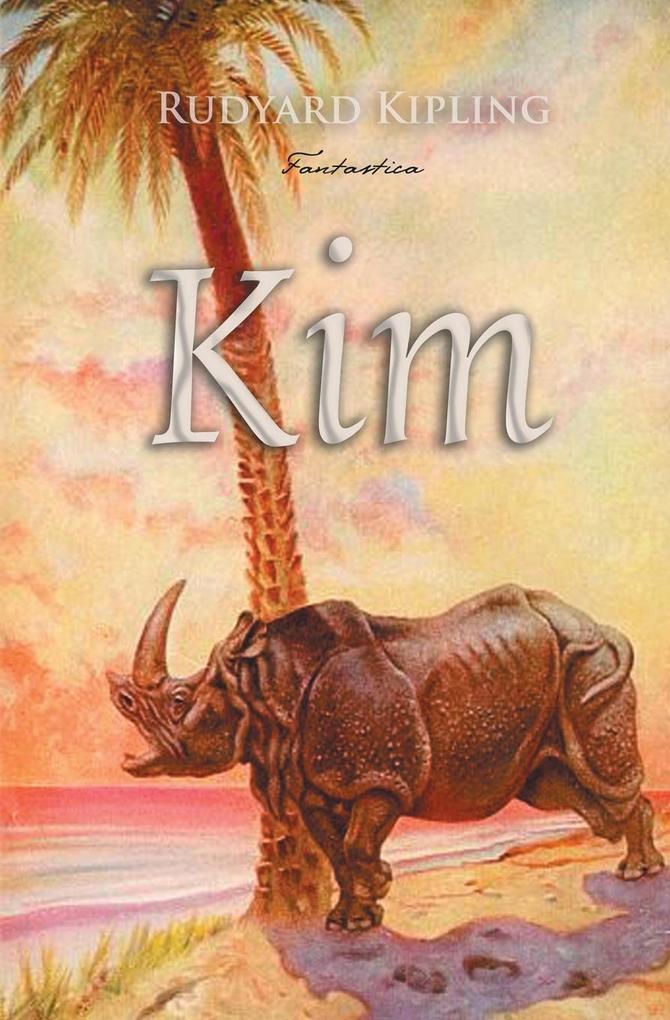
Zustellung: Fr, 03.01. - Di, 07.01.25
Versand in 6 Tagen
VersandkostenfreiBestellen & in Filiale abholen:
The story unfolds against the backdrop of The Great Game, the political conflict between Russia and Britain in Central Asia. It is set after the Second Afghan War which ended in 1881. This spy and picaresque novel includes detailed portrait of the people, culture, and varied religions of India.
Mehr aus dieser Reihe
Produktdetails
Erscheinungsdatum
28. August 2018
Sprache
englisch
Seitenanzahl
262
Reihe
Dover Thrift Editions: Classic
Autor/Autorin
Rudyard Kipling
Verlag/Hersteller
Produktart
kartoniert
Gewicht
334 g
Größe (L/B/H)
203/133/16 mm
Sonstiges
Paperback
ISBN
9781787248465
Entdecken Sie mehr
Bewertungen
0 Bewertungen
Es wurden noch keine Bewertungen abgegeben. Schreiben Sie die erste Bewertung zu "Kim" und helfen Sie damit anderen bei der Kaufentscheidung.


















